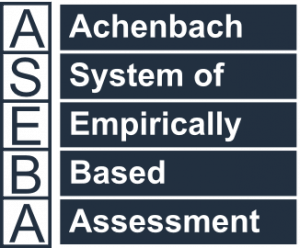Technical Support for ASEBA® Software Products
Can social desirability, lying, and other informant characteristics such as depression cause biases in scores?
Answer: Many informant characteristics may be associated with scores on all kinds of questionnaires. Studies have shown, for example, that CBCL problem scores are correlated with maternal depression. Such correlations do not necessarily indicate a “bias” in parents’ reports, however, because other sources of data have also indicated that the children of depressed mothers have more problems than children of nondepressed mothers (Conrad & Hammmen, 1989; Richters & Pellegrini, 1989, Richters, 1992). Because any reports by any informants may be affected by characteristics of the informants, as well as by their own particular knowledge of the child’s behavior, no single informant’s reports can provide a complete picture. It is the user’s task to construct a comprehensive picture of the child from multiple sources and types of data. The answers to questions in the section of this chapter dealing with profiles provide guidelines for evaluating scores that are so low or high as to suggest gross distortions or errors. Chapter 8 of this Manual provides data on reliability and cross-informant agreement, while the computer program displays comparisons and correlations between informants’ reports for a particular child.
